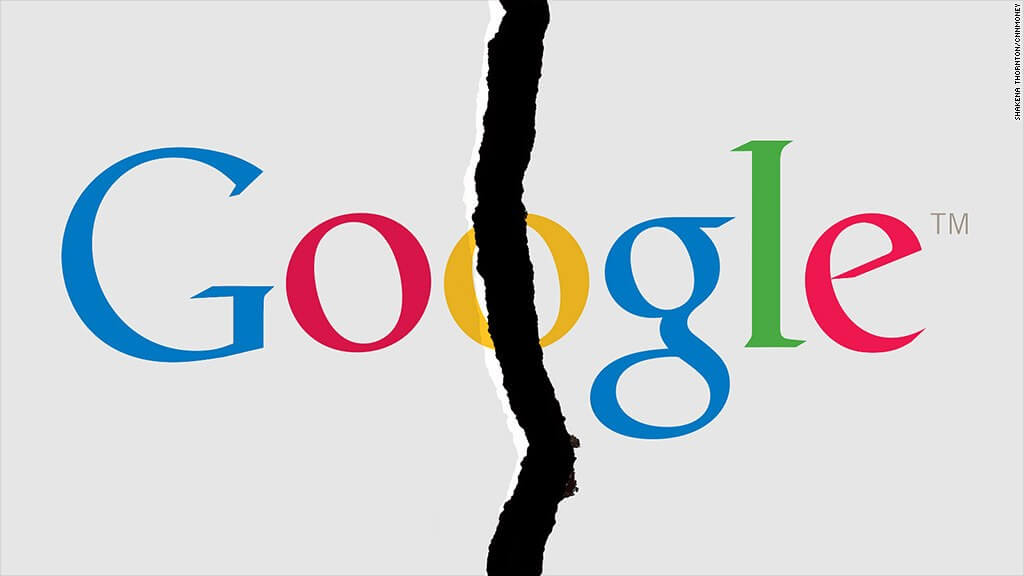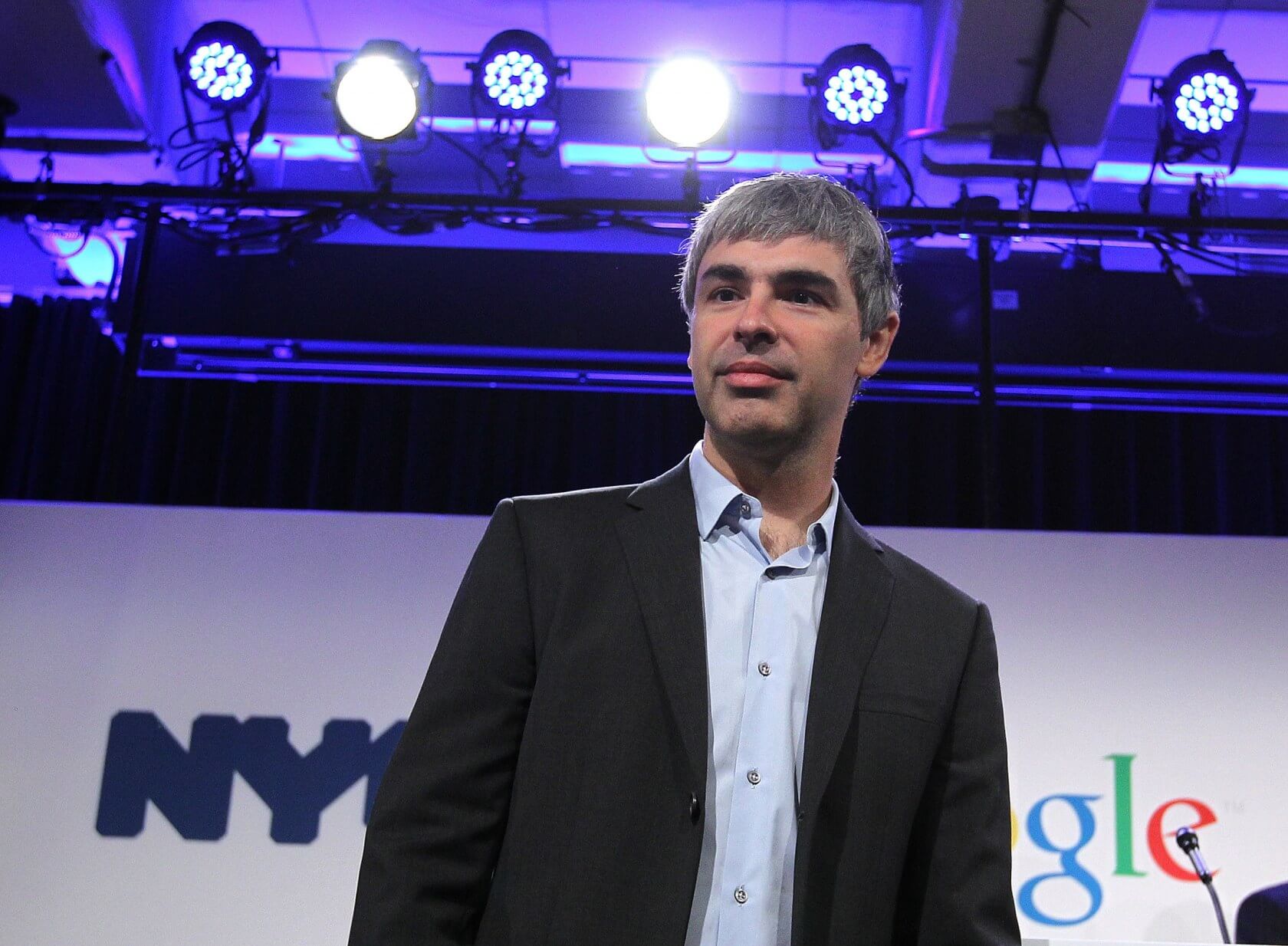Recap: Google co-founder Larry Page made thinly veiled threats to leave the company in 2011 due to concerns that he could lose a controlling stake in the company if other leaders sold their stock. The threats made by Page, which led to a new stock structure being adopted by Google, were only recently unveiled in documents released stemming from a 2013 lawsuit by a shareholder.
Google co-founder Larry Page threatened to leave the company in 2011 due to concerns that he would lose control of the company if co-founder Sergey Brin or then-CEO Eric Schmidt sold their shares. Together, the trio held shares that gave them both a majority stake in the business and "super-voting powers" on the board of directors.
Newly unsealed court documents revealed that Page pressed Google's board of directors to create a new type of stock. The type of stock he was demanding, called Class C shares, would allow Page to retain control even if Brin and Schmidt decided to move on. Google created the Class C shares, splitting their public stock into two segments.
Google previously had two types of shares, Class A and B. Class A shares were given to everyday investors and carried one vote per share. Class B shares were only held by the trio and had ten votes per share.
The Class B shares gave the three 66% of all shareholder votes at Google. Under the previous terms of Google's corporate structure, if any of the top three officials sold their Class B shares, the remaining shares would be converted into Class A shares, significantly diluting Page's power. Class C stock was given as a dividend to existing shareholders and carried no voting power, which meant Google could hand out an unlimited number of them without affecting voting control.

According to a 2011 email by Paul Otellini, a director at Google at the time, Page "leveled a veiled threat in that 'why should I sacrifice and work so hard if I might not be in control?'" That email, and other details regarding the use of stock, were found in documents related to a 2013 lawsuit by a shareholder that questioned the legality of Class C stock.
The complainant in that case stated that Google was giving its founders additional control over the company without compensating investors. Google settled that case by requiring Page, Brin, and Schmidt sell an equivalent amount of Class B stock whenever they sold Class C stock.
While Google was one of the first to move to a dual-stock structure, other tech companies have followed suit. Facebook and Snap both follow this model, as do many Silicon Valley startups looking to file an IPO. Stock structures like Google's have drawn criticism because they insulate ranking shareholders from the same concerns and risks as regular investors.
